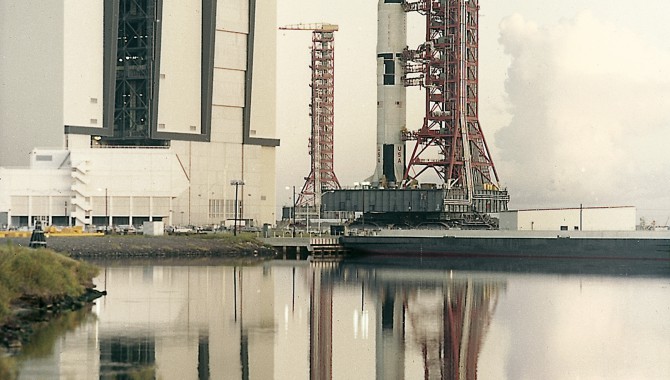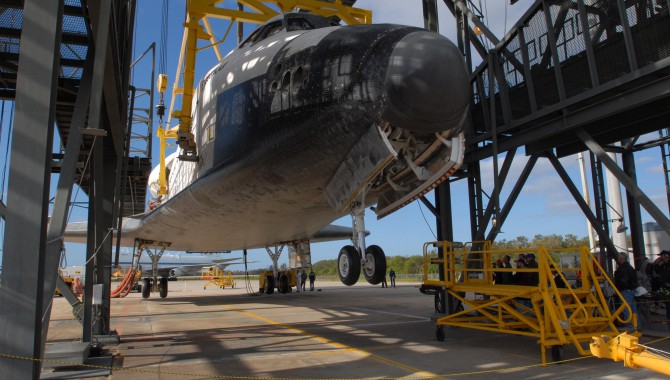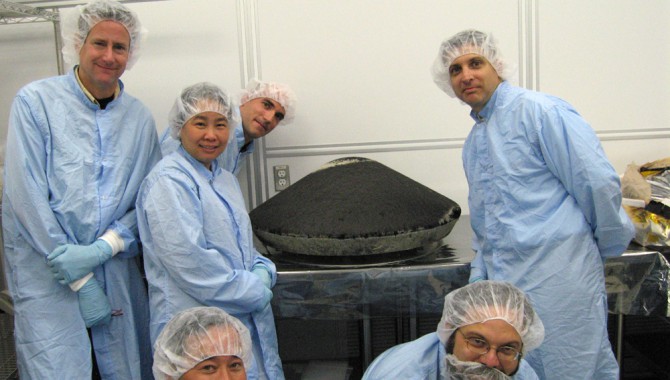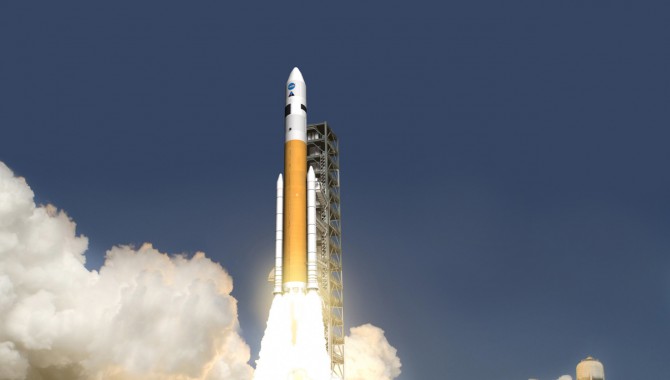
As told to Tracy McMahan and Matthew Kohut by Phil Sumrall This story draws extensively from a September 2007 interview with Ares Projects Oral Historian Tracy McMahan as well as a December 2009 interview with ASK Contributing Editor Matthew Kohut.

As told to Tracy McMahan and Matthew Kohut by Phil Sumrall This story draws extensively from a September 2007 interview with Ares Projects Oral Historian Tracy McMahan as well as a December 2009 interview with ASK Contributing Editor Matthew Kohut.

By Matthew Kohut and Don Cohen As its name suggests, a Flight Readiness Review, or FRR, gives teams responsible for various elements of a NASA flight mission an opportunity to ensure technical questions raised at earlier reviews have been adequately dealt with and to raise concerns about anything else that might affect mission success.

By Bo Schwerin One morning in 1990, a group of Glenn Research Center employees arrived to find their workspace upended by an apparent hurricane.

By Karen M. McNamara When I started at NASA, I never dreamed of being responsible for the science preservation and recovery of a mission, let alone something that even NASA had never attempted before.

NASA in the News NASA’s Kepler space telescope, designed to find Earth-size planets near sun-like stars, has discovered its first five exoplanets, or planets beyond our solar system.
By Ed Hoffman The shuttle has been the dominant image of an entire generation of human spaceflight, shaping NASA’s missions, organization, and self-image for nearly thirty years.
Don Cohen, Managing Editor In his Knowledge Notebook piece (“How Organizations Learn Anything”), Laurence Prusak says that most effective learning comes from hands-on experience combined with reflection on that experience. He notes that many organizations give short shrift to the reflection part.

By Bruce Morris, Greg Sullivan, and Martin Burkey It’s a cliché that rocket engineers and space scientists don’t see eye to eye.